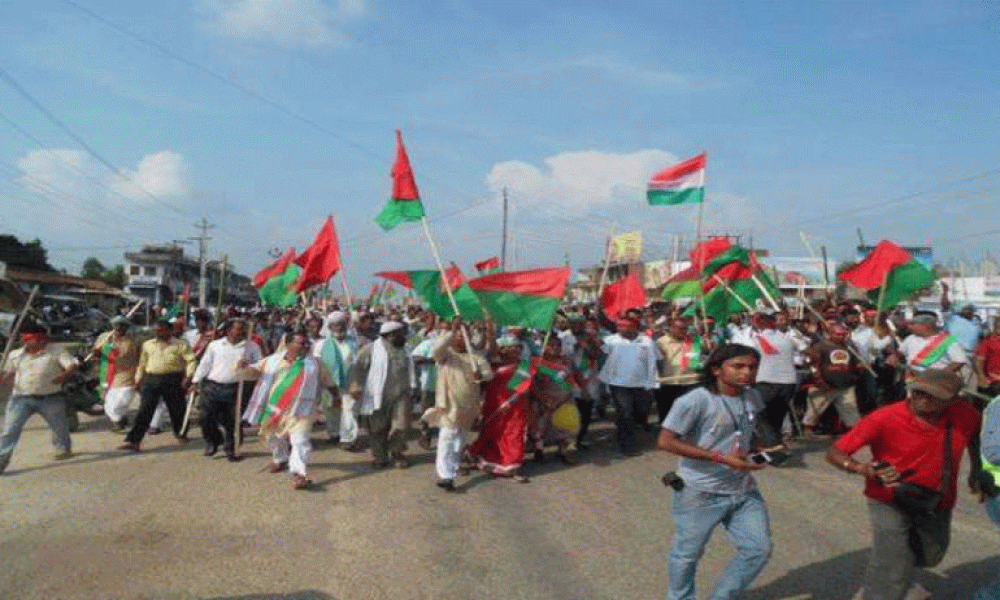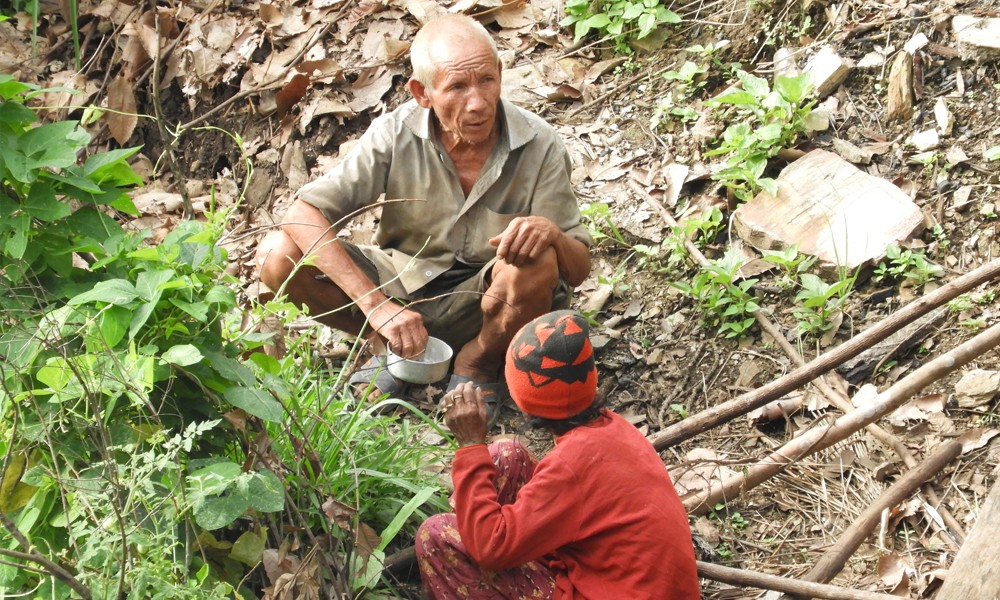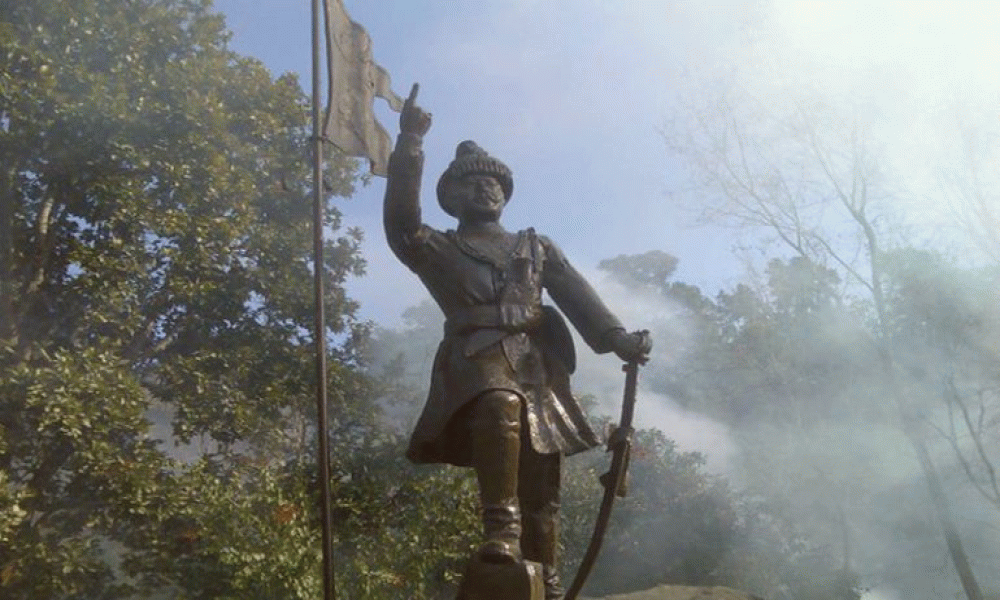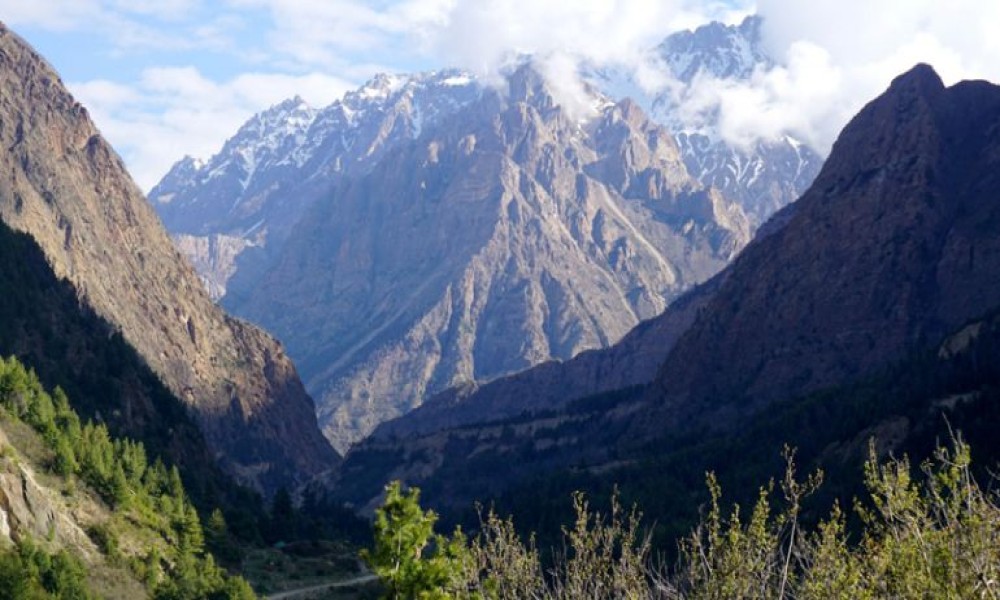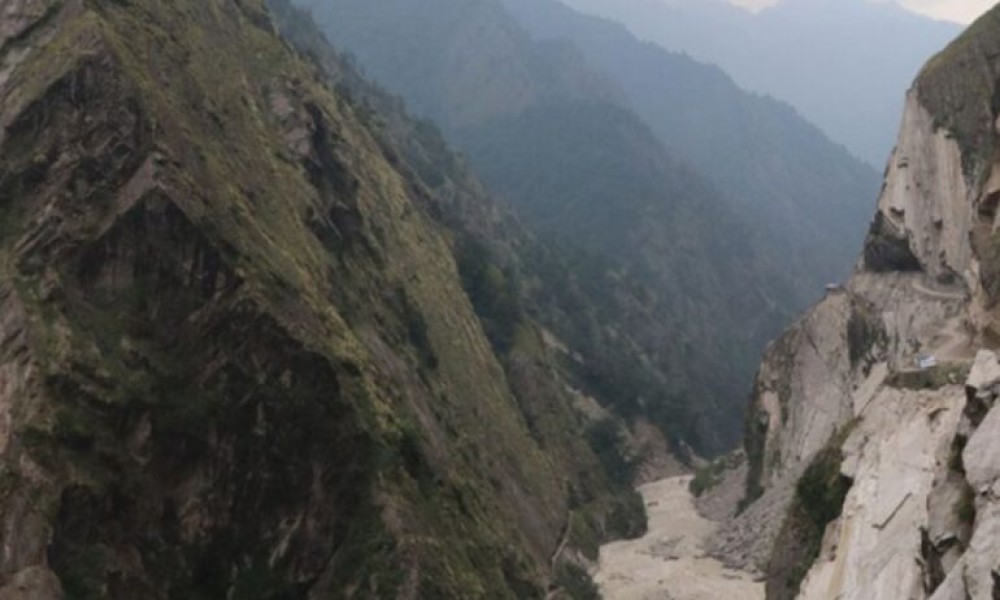A team of human rights activists from the LAHURNIP (Lawyers' Association for Human Rights of Indigenous Peoples) recently visited the Tarai, where Madhesi people have been agitating against the new constitution for more than three months. The team travelled from Biratnagar to Birgunj, monitoring the ground situation and interacting with protesters and local authorities.
I was one of the 11 members of the team, and in this article I have tried to put into perspective some of our observations and findings.
The state has used excessive force against Madhesi protesters, shooting right at their heads and chests. Children are not spared. Security personnel have barged into private houses, harassing women and elderly. Use of live ammunition is frequent. And security forces often hurl abuse at Madhesis.
The state has used excessive force against Madhesi protesters, shooting right at their heads and chests. Children are not spared.
The mainstream media has often reported about likelihood of communal riots and a separatist movement in the Tarai. But we found no evidence of it. Madhesis are not targeting hill settlers. Their outrage is exclusively against the state. As we travelled across the eastern southern plains, no protesting group tried to attack or stop us. They instead cleared the road showing respect for an independent human rights team.
The negative consequences of the one-language policy adopted and promoted by the Nepali state are glaring in the Tarai. For example, the local administration declares certain areas 'riot-zones' following every major violent clash. But the administration disseminates this information only in Nepali language, and Maithali-speaking people do not understand it. As a result, common people enter 'riot zones' without realizing it would be risk and security forces thrash them.
Rights to education have been violated. Schools are closed and students are terrified. Both the state and protesters are responsible for depriving children of their rights to education.
After eight security personnel were killed by Tharu protesters in Kailali, the government deployed the army in Kailali and eastern Tarai districts. This was a violation of the International Covenant on Political and Civil Rights, Geneva Convention and the UN Declaration on Elimination of All Forms of Discrimination. All these international laws say the state cannot deploy the army against one particular ethnic community.
Wherever we visited in the Tarai, we saw hill people as security personnel. It is adding to the feeling that it is a caste-based discrimination against Madhesi people. It also underscores the need for an inclusive security force
Wherever we visited in the Tarai, we saw hill people as security personnel. It is adding to the feeling that it is a caste-based discrimination against Madhesi people. It also underscores the need for an inclusive security force. If the state had ensure proportional representation of all communities in police forces, situation would have been much more different. Presence of security forces would not have angered Madhesi people.
It is also important to reach the roots of the problem. Nepal's new constitution that discriminates against Madhesi, Janajatis and women is the cause of the Tarai inferno. As many 11 clauses of the new constitution are against Adivasi Janajatis and 29 are discriminatory. All these need to be done away with. If the constitution is not amended, protests will continue to escalate and integrity of the country will be in danger.



